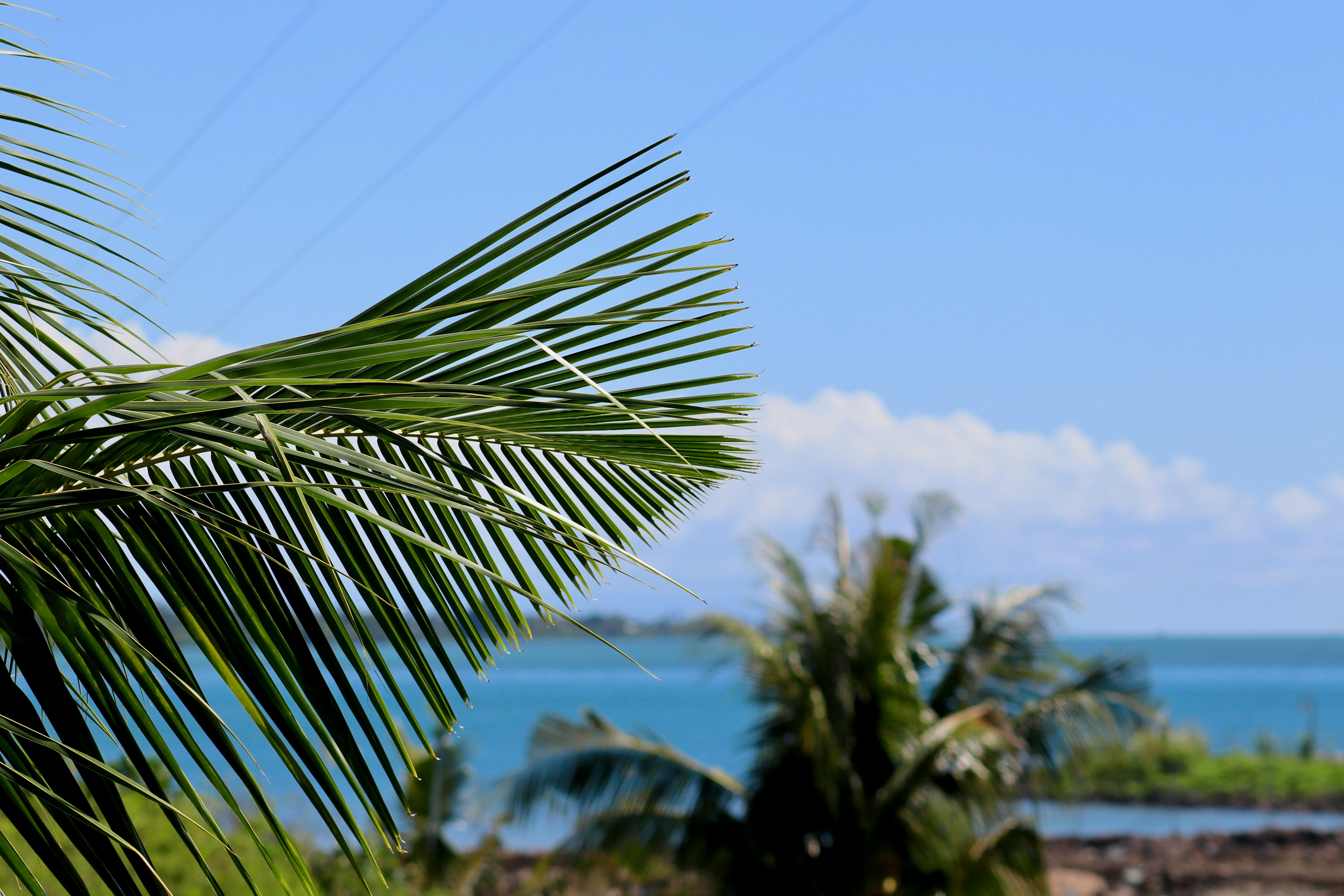Understanding your take-home pay in American Samoa requires familiarity with the territory's unique tax structure and withholding regulations.
American Samoa Income Tax Highlights
- No local income tax
- Federal income tax applies with special rules
American Samoa Calculators & Tools
Calculate Your Take-Home Pay
Input your paycheck details and see how much you make after taxes and deductions.
Bonus Calculators
Find out how much your bonus will be taxed.
Net-to-Gross
Find out how much your gross pay should be for a specific take-home pay.
Withholding Forms
Specialty Calculators
Dual Scenario Hourly
Compare your take home pay in different hourly scenarios.
Dual Scenario Salary
Compare your take home pay in different salary scenarios.
401k Calculator
See how increasing your 401k contributions will affect your paycheck and your retirement savings.
Tax Tip Calculator
Determine your take home from tips after taxes
Life Events Calculators
Calculate the impact of life events on your paycheck.
Key Points to remember about the American Samoa Paycheck Structure
- Self-employment tax applies to net earnings of $400 or more
- Minimum wage is $7.25 per hour (following the federal minimum wage)
It's important to note that while there is no local income tax, residents of American Samoa may still be subject to federal income tax on their worldwide income. However, special rules and exclusions may apply, potentially reducing or eliminating federal tax liability on income sourced from American Samoa. Self-employed individuals in American Samoa with net earnings of $400 or more must pay self-employment tax, contributing to social security coverage. This provides old age, survivor, and disability benefits, as well as hospital insurance. For U.S. government employees in American Samoa, including active duty members of the U.S. Armed Forces, special rules apply. They are typically required to file both a U.S. income tax return and comply with any applicable territory tax requirements. Understanding these aspects of American Samoa's tax landscape is crucial for accurately estimating your net income and managing your finances effectively in the territory. While the absence of local income tax simplifies some aspects of paycheck calculations, it's important to consider the overall tax situation, including federal obligations and potential exclusions, when evaluating your financial situation in American Samoa.
Learn more about the Payroll Process in American Samoa
Visit the American Samoa Payroll Guide page
For residents of American Samoa, the tax situation is as follows:
- Bona fide residents may qualify for an exclusion under Internal Revenue Code (IRC) section 931
- If eligible for the exclusion, residents may need to file Form 4563, Exclusion of Income for Bona Fide Residents of American Samoa, with their U.S. federal individual income tax returns
- The possession exclusion applies only to U.S. citizens or resident aliens who are bona fide residents of American Samoa
To be considered a bona fide resident of American Samoa, you generally must:
- Be physically present in the territory for 183 days during the taxable year
- Not have a tax home outside the territory during the tax year
- Not have a closer connection to the U.S. or a foreign country
Fun Facts
A U.S. territory in the South Pacific, American Samoa is known for its tropical beauty and unique Polynesian culture. The National Park of American Samoa protects its coral reefs and rainforests. It’s the only U.S. territory south of the equator.


